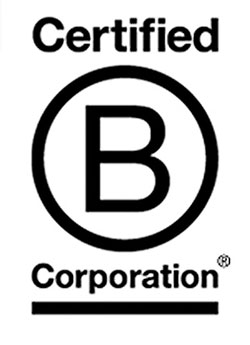Profiting for Good: New Corp Structure Helps Nonprofits Deliver Benefits

The founders of Impact Makers, a Richmond, Va.-based consulting firm, had a dilemma when they were incorporating. The firm wanted to donate all of its net profits to charity, but if it chose a public stock corporation structure the officers would be legally obliged to put profits first. To avoid shareholder lawsuits, Impact Makers ultimately chose to structure itself as a nonstock corporation.
That experience led the firm to support a new law in Virginia creating a corporate structure known as a benefit corporation, says Impact Makers’ vice president of business strategy, Rodney Willett.
This relatively new corporate form—seven states in the last two years have amended their constitutions to allow for it—allows corporate officers to consider a social, community or environmental purpose as part of their mission. It also helps shield benefit corporations from shareholder lawsuits for doing what they think is the right thing.
Philadelphia lawyer William Clark of Drinker, Biddle & Reath—a co-chair of the ABA Business Law Section’s Uniform Law Commission—drafted the model legislation. “When I first got involved with this project, I wasn’t sure there would be much demand for it,” he says. “I was surprised to learn that there’s a large population of entrepreneurs and businesspeople out there who want to organize in this way.”
In March, Virginia Gov. Robert McDonnell signed legislation creating benefit corporations in his state. Other states also authorizing these structures include California, Hawaii, Maryland, New Jersey and Vermont; and benefit corporation legislation is now pending in Michigan, New York and Pennsylvania.
Philadelphia-based B Lab, a nonprofit group that has advocated for changes in the law to allow this new corporate structure, offers a certification—complete with a special symbol—for businesses to use if they meet certain standards, much like the LEED or fair trade certifications.
Erik Trojian, B Lab’s director of policy, says benefit corporations also protect ethical investors who seek to maximize what they see as social good while making money. When a company’s priorities change, these investors currently have no recourse.
“Now you’re in a quandary because you have to divest at a time not of your choosing,” Trojian says.



